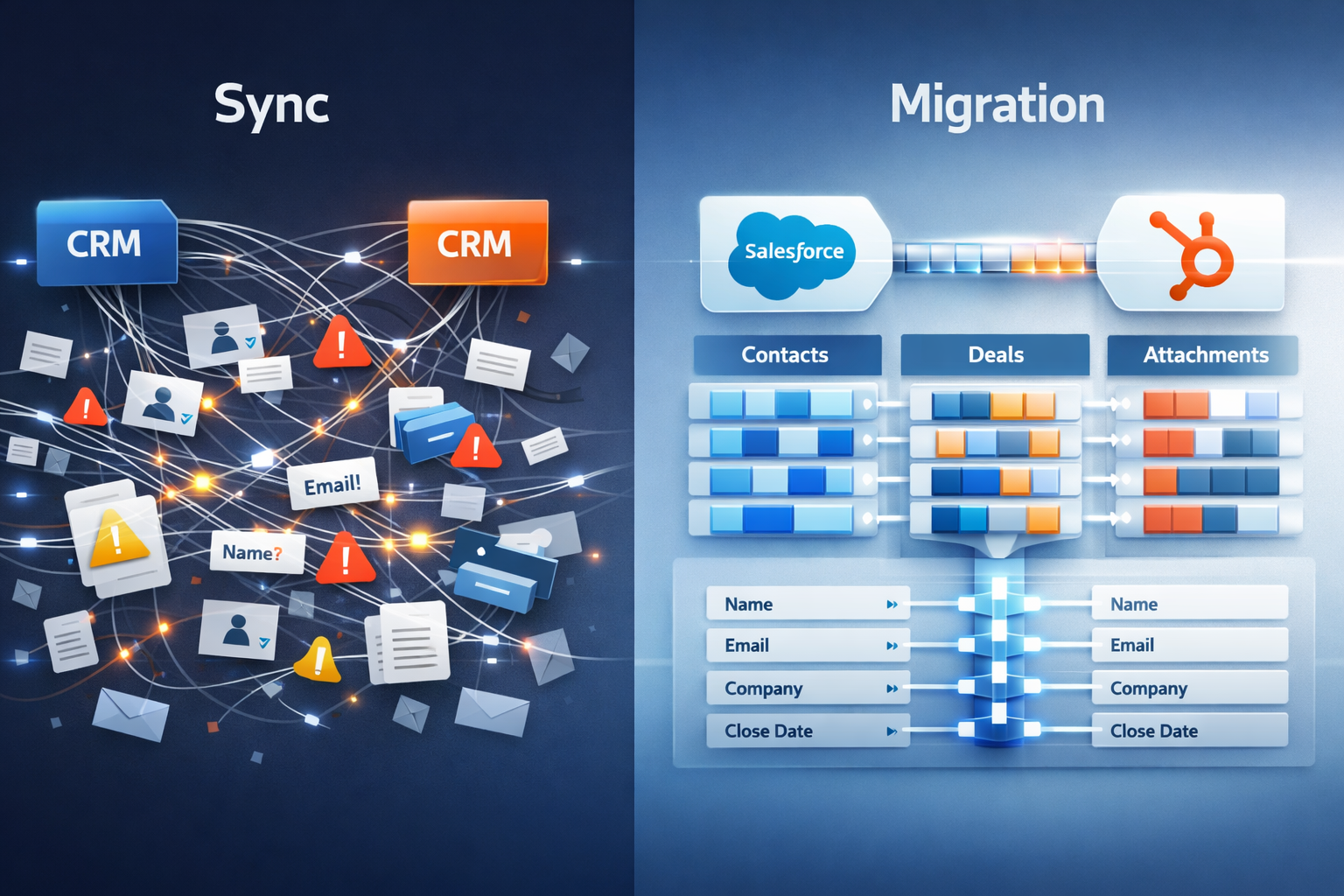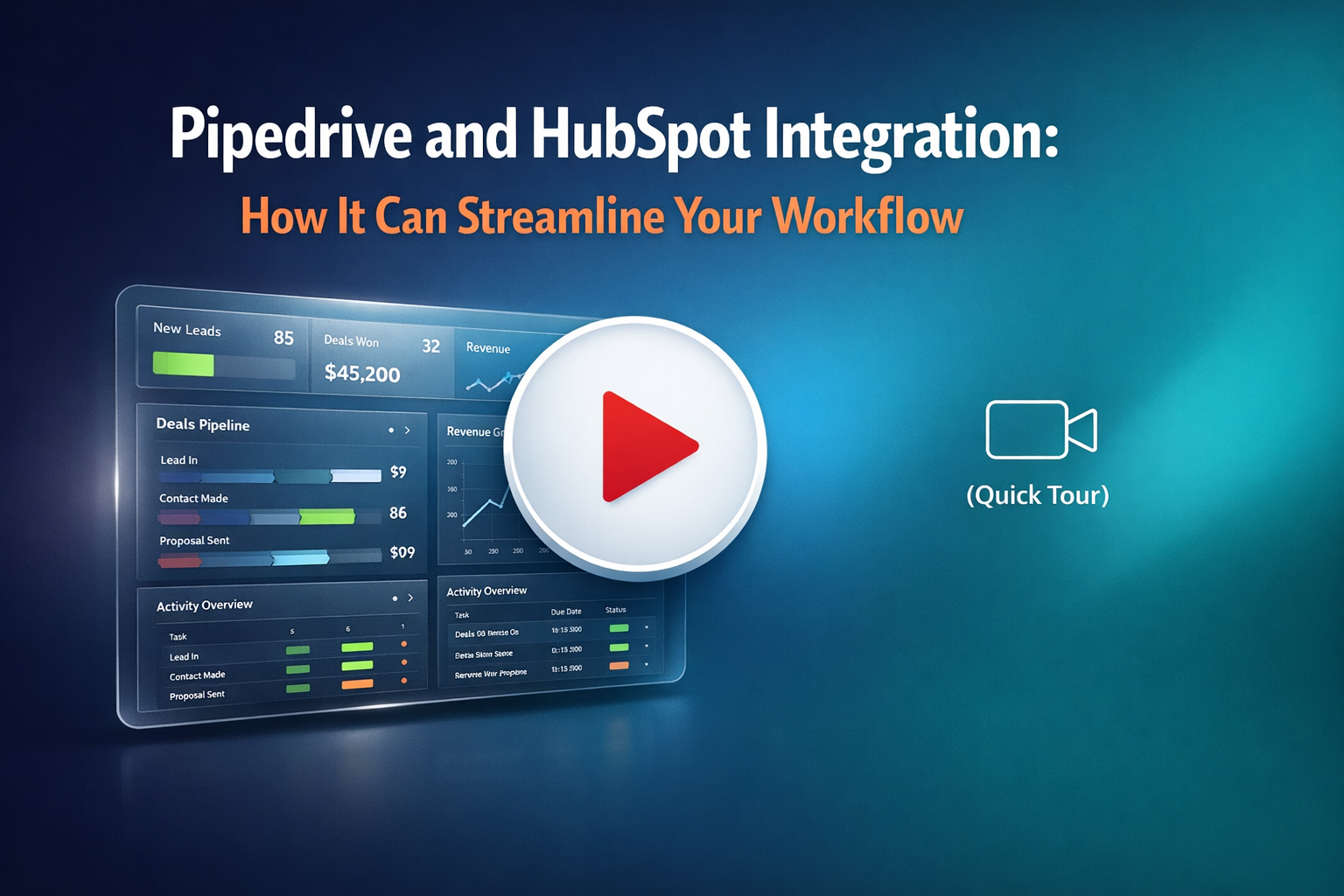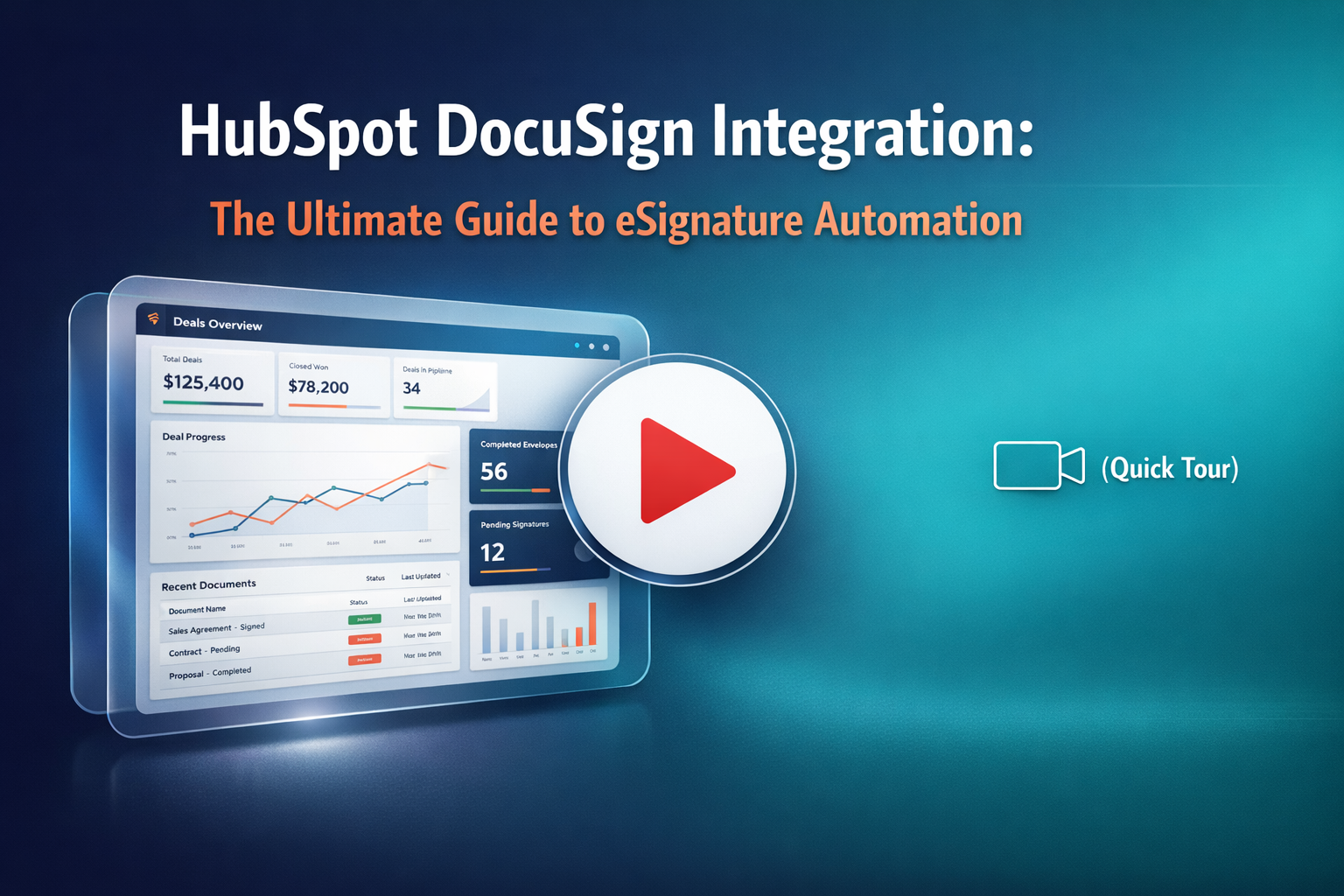CRM solutions that are consistently evolving, improving, and becoming more efficient for the user.
The Adoption Factor
While this evolution is favorable, there are three key reasons CRM adoption can fall to the wayside in any business:
- First and foremost: the human factor. Adopting a new CRM requires personnel to maintain it, resource planning, and most importantly, user training. Cooperation of senior leadership and company departments is critical for success.
- The second issue is the lack of clear, defined strategy or ineffective tools that limit customer and process management.
- Finally, choosing the wrong CRM for the business. Business performance suffers from missing functionality, lack of system integration, or customization.
How do you avoid these pitfalls? Define your CRM strategy, key processes, and uncover the tools you need for your business goals before choosing a new CRM. Then set a specific list of CRM requirements.
Six Things to Consider
There are hardly any vendors that can swear, in all honesty, that in the process of CRM initiative was set up with business framework establishment. Check out this directional list to ensure the precise and relevant aspects of CRM requirements.
- Define your business strategy.
- Establish a framework for your company.
- Determine requirements for the system.
- Examine the technical aspects and their ability to align with the processes and stakeholders.
- Discover the CRM market for the varieties of platforms and options.
- Design the step-by-step project plans.
Exploring the Criteria Checklist of CRM Requirements
For selecting the most suitable CRM, you need to evaluate it according to the three groups of criteria: quality, cost, and functionality. Let’s specify these benchmarks more precisely.
Quality Aspects include:
- System usability, mobility, and integration influence the way you work through different areas of your platform. The abilities of a fast search and breadcrumb trail navigation ensure the easy-to-use and quick-to-adopt CRM.
- Security matters are of vital importance. So, your CRM should enable the workgroups creation and specific roles assigning. Additionally, make sure that your desired CRM provides you with:
- a) data access rules,
- b) individual, workgroups and roles permissions,
- c) restricted project, activity, and modules access.
- Timeliness is another critical factor that enhances each employee’s tracking time on a specific task or project. This option allows you to measure productivity and get insight into its improvement.
- Real-time process monitoring helps to see the updates and changes in each activity almost immediately. Such a bird’s eye overlook of the performance permits to improve the processes when it is needed.
- As every company has its mindset and approaches to process management, one of the critical CRM requirements is the customization abilities for tailoring systems to the specific business needs.
Cost Criteria to deal with:
-
- The implementation and maintenance expenses. If you choose the on-premise CRM, you should plan your budget for the powerful hardware to the proper platform running and IT staff for its further support.
- Expenses on the CRM consultant and employee training for the effective adoption and improving the ROI of the new system implementation
CRM Functionality enclose:
- The dashboards should be intuitive and enable fast access to the required information.
- All your mailboxes and other essential add-ons should integrate with the CRM in full scale.
- The web forms option should be customizable and allow to build of the database from the collected information.
- Effective project management and the standard templates of the default processes with the customization option;
- The automation of the workflow for optimizing the everyday processes and alerts, notifications, emails, and follow-ups sending out;
- The analytics with a set of automated reports and the ability to create specific ones;
- Pay attention to a built-in file sharing option and live chat for cultivating teamwork and internal collaboration.
- Meet the demands of contemporary customers and provide them with a self-service portal and knowledge base. Make sure that it has some scope for tailoring to customize it to your brand.
CRM Migration: Rapid Path to Enhance Business Performance
Finding the desired solution is only one step ahead on the way to successful data import. You should also find an efficient migration tool to complete the accurate and secure transition. In case you want to save time and effort, think of using the migration service Trujay has to offer and take advantage of the beneficial features:
- security regulations that exclude the possibility of any data loss;
- 100% uptime of both CRMs and no interruptions of the business processes;
- the opportunity of fields and users mapping following the company requirements;
- a free Demo Migration that allows exploring if the service functions are properly




